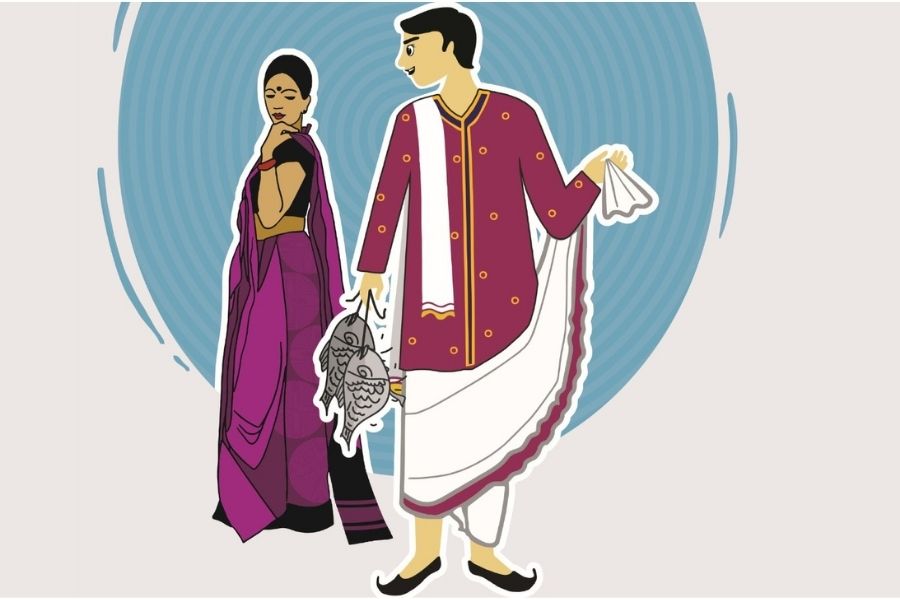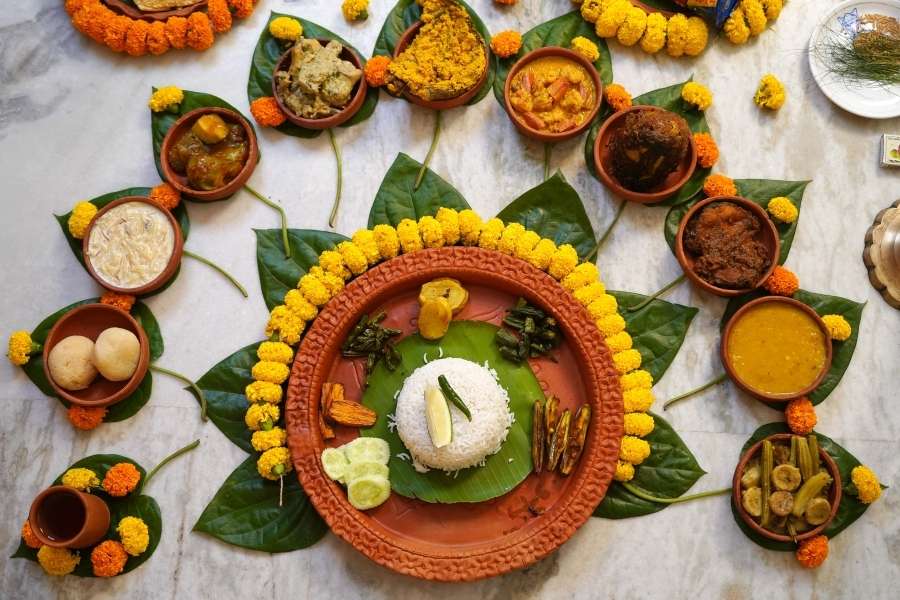In modern Bengali households, the age-old ritual of Jamai Sasthi is getting a quiet makeover. It is no longer just about pampering the son-in-law with feasts and gifts, it’s becoming a celebration of mutual respect, shared gratitude, and inclusive bonding. My Kolkata spoke to five contemporary jamais to know how they reflect upon, reimagine, and sometimes resist the pedestal they are placed on, all while honouring the spirit of tradition.
‘It’s overwhelming, but also heartwarming’
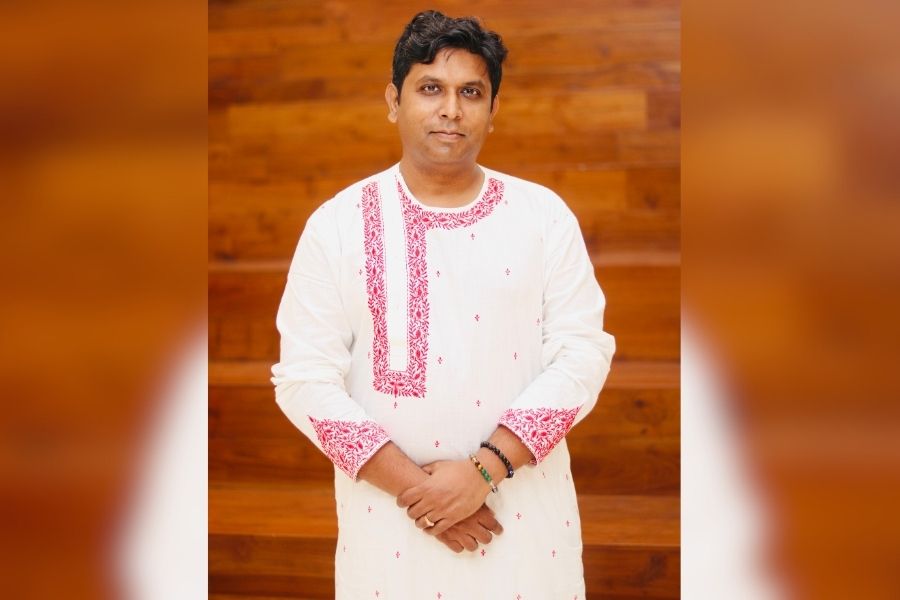
For software engineer and influencer Sarathi Sanyal, Jamai Sasthi is not just about being fussed over— it’s a reflection of emotional inclusion. “It’s a symbolic gesture of love and acceptance from the in-laws, especially the mother-in-law. While I deeply appreciate the affection, I try to remind everyone — gently — that relationships today are about mutual respect and shared roles,” he said. In his view, rituals gain meaning when they uplift everyone at the table.
Over the years, Sarathi and his wife have gently tweaked the ceremonies. “I bring gifts for my in-laws, sometimes I cook for them or even compose handwritten notes. We now host both sets of parents together — it becomes a shared celebration.” He stressed that traditions should evolve rather than entrench patriarchy: “The spirit of the day should be about bonding and warmth, not just privilege for one person.” After all, “Why should a ritual of appreciation be one-sided?” His idea of equality includes everyone around the table — “from my wife, who contributes to everything we build together, to my mother-in-law, who shows her love through care and food.”
‘Jamai sounds heavier than son-in-law’
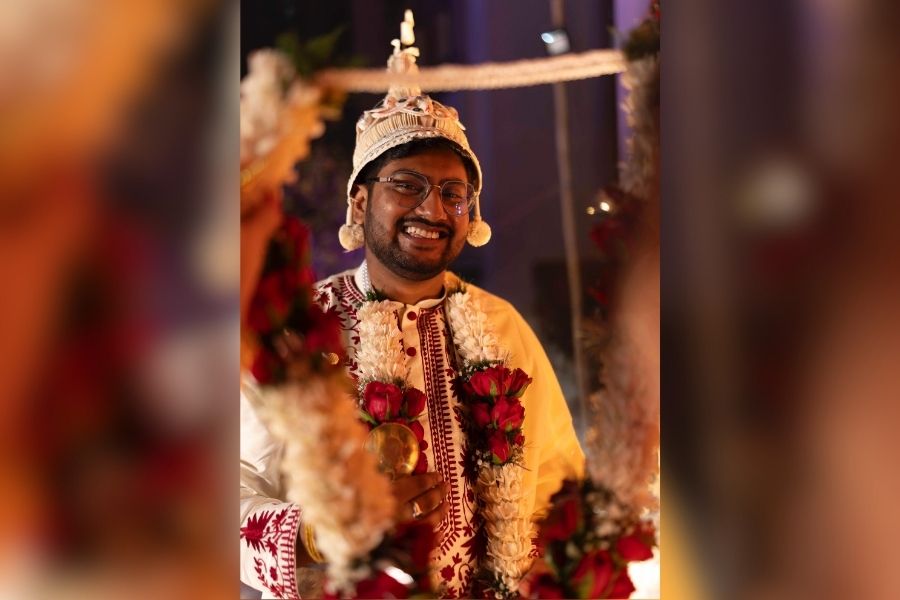
Newly wed Ayaskanta Dey has never quite felt like a ‘jamai’. “The word carries a grandeur, a status that never quite sat well with me. I’ve always seen myself as a son-in-law in spirit — more grounded in the family than placed on a pedestal.” Though reserved by nature, he admitted, “The ambivert in me secretly enjoys the attention.” Still, what stung most was the lack of reciprocity. “Growing up, I saw how mothers-in-law would pour their hearts into making Jamai Sasthi grand, but rarely did anyone return the affection in a meaningful way. That bothered me.”
For the young corporate lawyer, an evolving Jamai Sasthi means expanding gratitude. “It’s the little things — sharing the spotlight, redefining roles, honouring memory — that truly make traditions evolve.” He welcomes Bouma Sasthi, too. “Why should appreciation flow in only one direction? Celebrating both daughters-in-law and sons-in-law makes the ritual richer.” After losing his mother-in-law, who had hosted his first Jamai Sasthi, he feels each ceremony now carries deeper emotional weight. “Honouring her memory reminds me that family bonds should never be one-sided.”
‘Daughters-in-law don’t need a day — they’re the everyday’
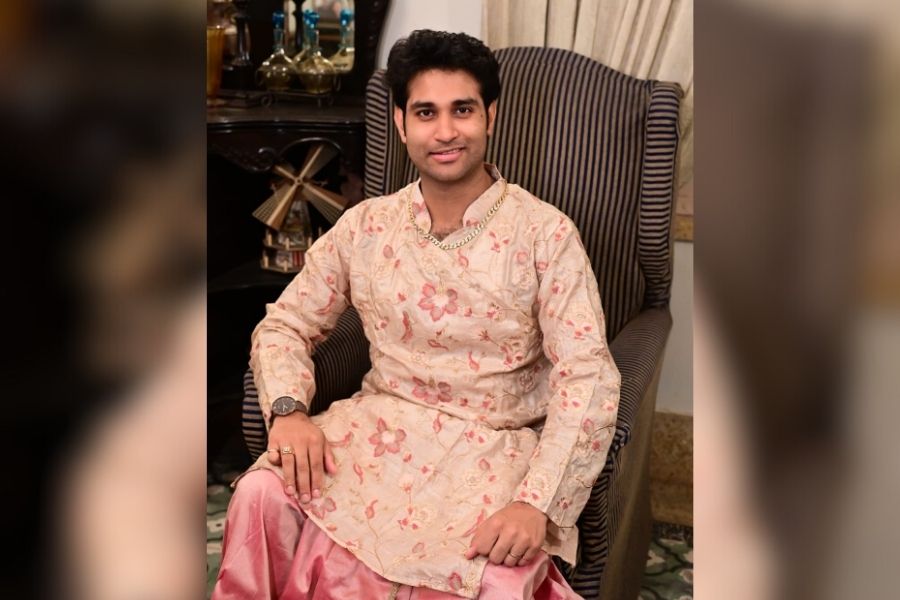
For Rohit Raj Ghosh, owner, Dwariks Grandsons, Jamai Sasthi is steeped in memory and meaning. “As a child, I watched my father visit my mother’s home and saw my grandparents receive him with warmth and love. Now, when my shashuri prepares my favourite dishes and I wear a panjabi-dhoti, it feels like life has come full circle.” He sees the day as a celebration of cultural legacy — “You’ll still find Jamini Roy paintings of the jamai being served Bengali food. It’s Bangaliyana at its finest.”
Yet Rohit insisted on balance over extravagance. “Gone are the days of lavish gifts — now it’s about meaningful tokens and shared moments. We avoid wasteful feasting. A simple book, a handwritten note, or a quiet conversation can mean more than any expensive hamper. The daughter-in-law is the anchor of our home. She doesn’t need a special day — she’s celebrated every single day.”
He also unhesitatingly challenged outdated norms: “We cannot nurture ancient practices that glorify toxic male chauvinism. The celebration should be of a bond, not of hierarchy.”
‘Celebrate, but don’t overspend to impress’

Software engineer Aniket Ghosh finds value in Jamai Sasthi, but only when it’s grounded in reality. “It feels good to have some attention! Jokes apart, in today’s families, that attention should extend to everyone. We shouldn’t spend unnecessarily just to make the son-in-law feel important.” For him, true celebration means bringing all relatives together, pooling affection rather than centring it on one person.
He is encouraged by small shifts in tradition. “My mother now honours my wife on Bouma Sasthi, which feels great. It’s a simple way to show that both sides matter.” Aniket believes this kind of reciprocity builds stronger family ties. “We need to ask ourselves: what purpose do these rituals serve? If they only reinforce old hierarchies, perhaps they need to change.”
He asked: “Why should a ritual of appreciation be one-sided?” That question underpins his approach: for Jamai Sasthi to remain relevant, it must become a festival of shared gratitude, not limited to privilege.
‘It makes me feel awkward’
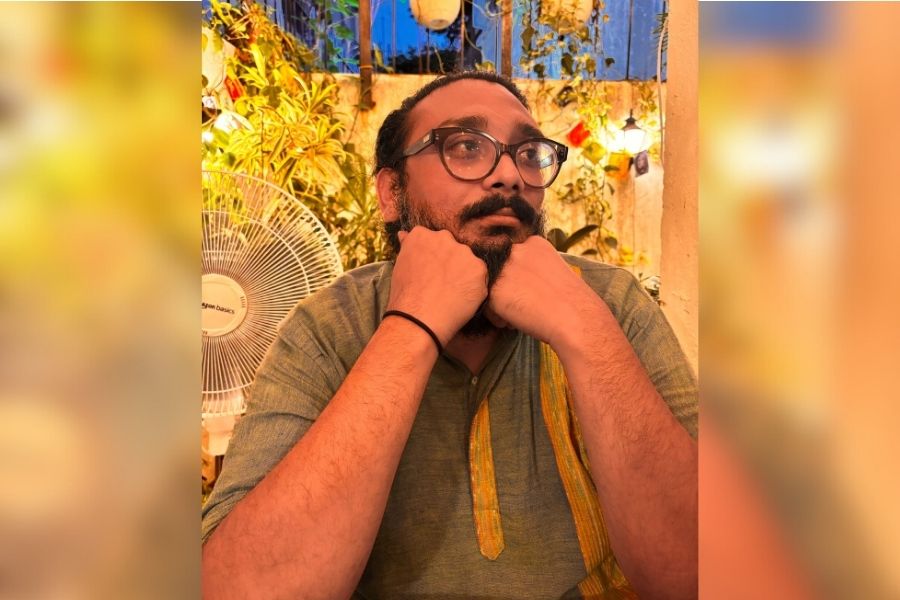
For statistician and researcher Siddhartha Nandy, Jamai Sasthi brings more discomfort than delight. “I don’t like being fussed over. The idea of being the centre of attention — while everyone else works to pamper me — never sat right.” Yet, he acknowledges the emotional significance: “My mother-in-law makes me feel special every time I visit. She doesn’t need Jamai Sasthi for that.”
Though he rarely pushes to dismantle traditions, Siddhartha wishes for genuine inclusivity. “I wish the practice could be less moored in patriarchy and more gender-neutral. But that’s wishful thinking unless families truly believe in fairness.” He admired those who reframe rituals with sincerity and not tokenism. “If the ritual is meant to be one of gratitude and bonding, let’s make sure it’s heartfelt, not performative.”
